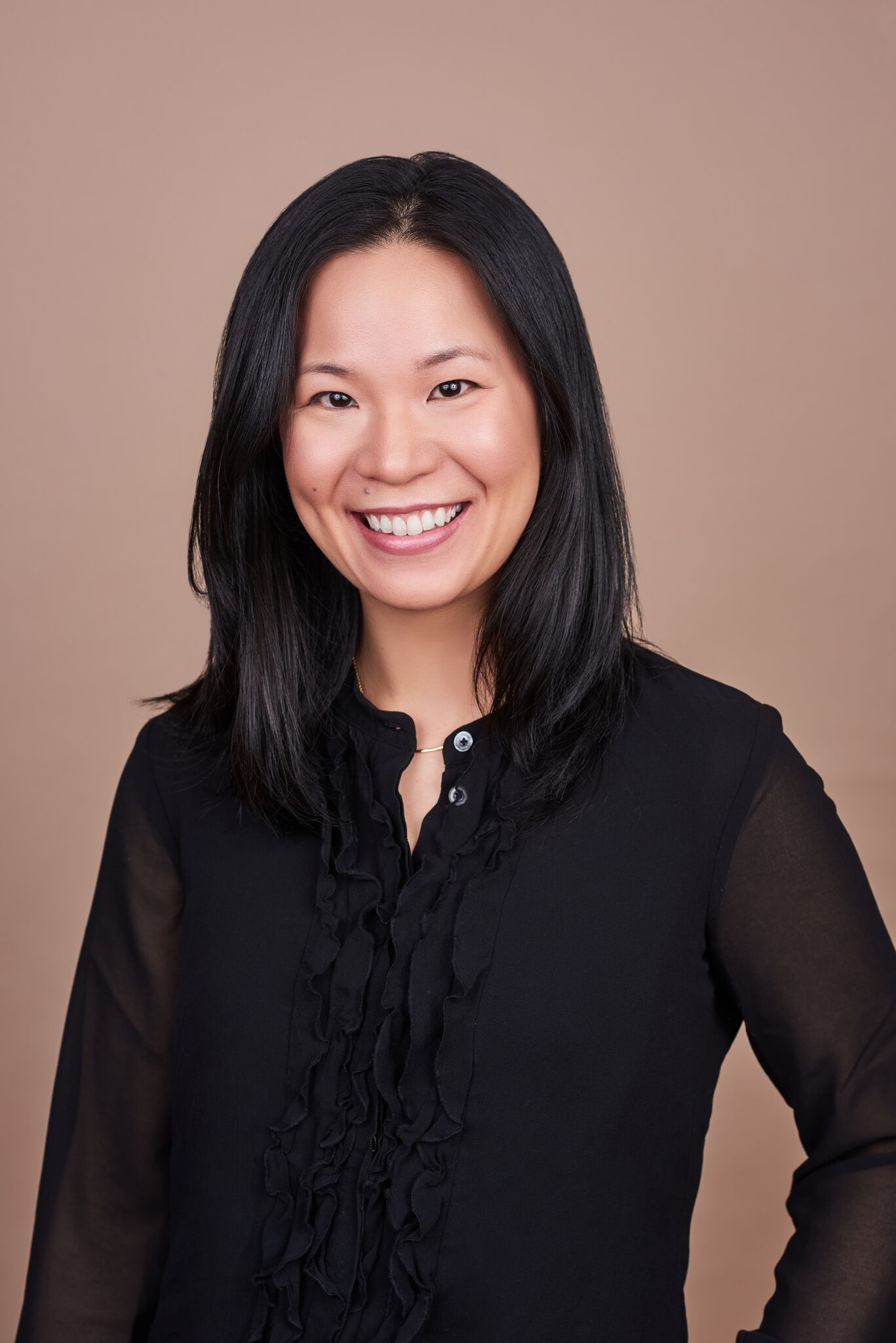When things happen (as they do in life), how do you find ways to be there for yourself? It’s easy to be there for yourself when things are going well and everything is fine. What happens when things feel like they are spiralling and getting out of control?
This has been a continual work-in-progress for me, as I have been continually tested to look at ways to react less and look within.
When things are extremely challenging (in all areas of my life), it is so much easier to reach out to someone for their support. However, it can also create co-dependency to rely on external sources.
I was then brought back to this reminder a few weeks ago: bigger goals = bigger baggage.
Being there for myself has been an interesting thought to ponder and reflect. Sitting with myself can be challenging, as I’m surrounded by all of my thoughts that are constantly coming in and out. This is where regular meditation can be helpful, to allow the thoughts to come in and out without judgement. I was reminded by a friend recently that a regular practice makes a difference. I haven’t been consistent as of late.
I’ve been so used to keeping ‘busy’ and living with so many distractions; reacting to what others are saying and doing that I found it challenging to determine what I truly needed for myself.
So when the question was asked, “How can you be there for yourself?” I had to pause and reflect. The first thought that came up was, “I’m not sure exactly what it means to be there for myself.”
I asked myself again and the next thing that came into my mind was the feeling of calm; without all the rushing, panic and fear.
I realized that it was about shifting my focus from being in a fight-or-flight state to creating an environment of safety and comfort.
Here are 3 ways to practice self-care that’s helped me:
- Honouring my feelings: Asking myself, “How do I truly feel in this given moment? What is coming up from me?” The key has been acknowledging my feelings and not making them wrong. Often at times, I need to ask external sources how they feel about a situation before I express my opinion. For a long time, I’ve been comparing my experiences with others and taking their experiences as what’s true. Along the way, I forgot that my perspective is also valid. No matter what other think, I have the right to honour how I truly feel, even if others don’t agree. Also, being more confident in stating my needs and trusting that my needs are completely valid.
- Practicing self-kindness: Being more kind to myself by giving me the time and space to a) process what is going on and b) find a way to live my life within a way that works for me. These are the questions that have been coming up for me recently:
“What do I truly need in this situation?
“How can I find more comfort in what I’m going through?”
3. Being intentional and checking in with myself. “How can I be there for the vulnerable side of me?” was a question that came up recently. For me, it was about acceptance. It was about allowing things to happen without me having to ‘fix things’ or ‘do things’ to prove that I am enough. It was a reminder to accept that showing up was enough. Asking better questions create better answers. The internal self-talk helps to calm down my body in affirming that I am there for myself, unconditionally.
How do you practice self-care in challenging situations? What are some things that have helped you?
Article originally published on Medium.


